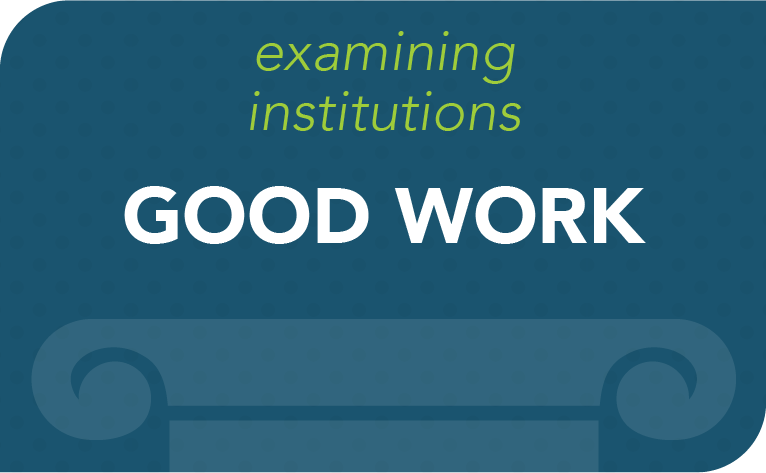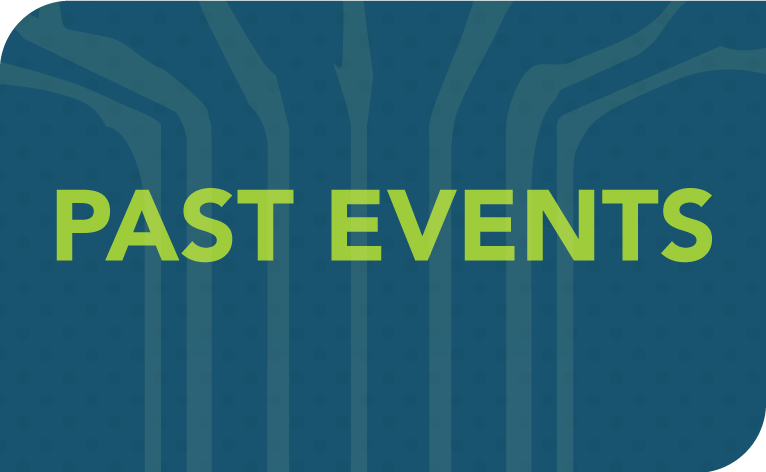
What is Most Essential about a College Education?
November 2021
by Francis Su
Benediktsson-Karwa Professor of Mathematics
Harvey Mudd College
What is most essential about a college education? As costs rise, and enrollments decline, institutions of higher learning are being forced to answer this question. Some propose trying to do more with less: increasing class sizes, hiring more adjuncts, eliminating humanities departments, pushing to replace education with educational technology. They are effectively saying: “what is most essential about a college education are easily measured practical skills.”
On the other side of the coin, parents grapple with increasing concerns over the rising costs of college, while seeing diminishing returns. They watch as technology and automation decimate their own jobs that once seemed secure, and they harbor growing anxiety about what professions to send their kids into—the so-called ‘jobs of the future’ that none of us can predict. Skill development no longer seems like a wise investment if that training is made obsolete by the next innovation.
Meanwhile, students ask: “why do I have to learn stuff that I’ll never use?” This honest question deserves better answers than the ones we’ve been giving. In my own field of mathematics, teachers and parents often mumble something about learning math to gain skills necessary for careers. Yet much of the math being used in today’s hottest jobs didn’t exist twenty years ago.
If we focus our educational attention solely on practical skills, we’ll completely overlook the broader benefits of education. Math is not just about doing numerical calculations. Writing is not just about stringing sentences together. History is not just about reciting events and dates. Music is not just about performing notes on a page. Artificial intelligence can already do all these things.
In uncertain times, with the future of higher education in doubt, we should double-down on what makes an education truly worthwhile: helping college students become more human—not in the development of skills that a machine can replace, but in the development of uniquely human virtues. When I speak of virtue, I’m not speaking of human dignity that all people possess. I’m speaking of aspects of character and habits of mind that we can all grow in.
For instance, when you to learn to write in a proper way, you develop virtues such as a deep attention to meaning, an ability to craft an argument and organize ideas coherently and concisely. When you study history, you develop the capacity to see narratives underlying historical facts, to assess the strengths and the limitations of various forms of evidence, and to make sense of conflicting interpretations. When you learn to play an instrument, you build the virtues of patience and joyfulness, and develop an ability to synthesize visual, auditory, and kinesthetic information. And as I explain in my book Mathematics for Human Flourishing, the study of mathematics builds—among many other virtues—inventiveness, resourcefulness, habits of generalization, an expectation of enchantment, and an ability to think rigorously.
Rather than reducing education to practical skills in compartmentalized subjects, a proper education should emphasize the development of life-long virtues. An education should invest in the whole person and can be motivated by attending to basic human desires—for exploration, truth, beauty, freedom, and community, to name a few—and address how each discipline meets some or all of these desires. Such an education requires apprenticeship, resources, and time, and it cannot be mass-produced.
So what is most essential about a college education? You don’t need it to survive—not all jobs require a college degree. If a college education only serves to build skills, it may not be worth the expense. Practical skills can easily be outdated: by us, if we switch jobs, or by our employer, if they swap us for a machine. But the virtues built by a deep study in a variety of disciplines will always be in need. Inventiveness, patience, habits of generalization, the ability to assess evidence and organize ideas coherently will serve you well no matter what profession you enter, even if you switch professions. Joyfulness and an expectation of enchantment will make your life richer no matter what you do. These virtues are what’s most essential about a college education. They enable greater human flourishing. You don’t need a college education to make a living, but in a time of great uncertainty, it will prepare you for any future endeavors and help you appreciate what makes those endeavors worthwhile.





